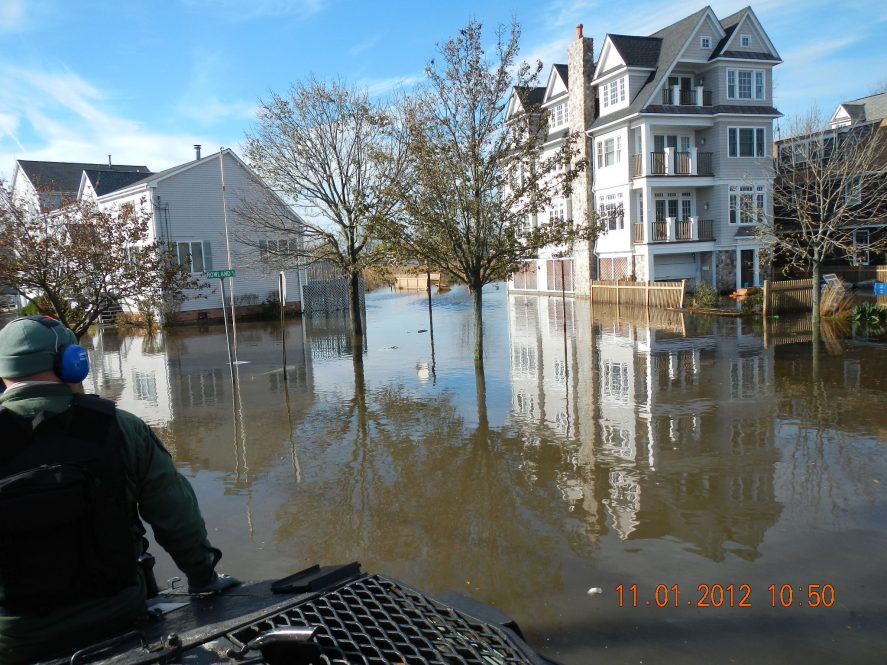Connecticut is already feeling the effects of climate change, meaning that now is the time to take action and continue building resilience.
The Connecticut Institute for Resilience and Climate Adaptation (CIRCA) is hard at work helping communities around the state adapt to climate challenges, namely increased flooding and heat vulnerability. CIRCA will be able to expand these efforts thanks to an additional $5 million awarded as part of the Connecticut General Assembly’s 2021-23 state budget.
The institute is strategically planning the next steps and the most effective use of the funding, says CIRCA’s Director of Engagement Katie Lund.

“There are three focus areas for this new money. First, the additional funds will help CIRCA expand Resilient Connecticut activities and advance projects beyond the current scope in New Haven and Fairfield Counties, now to assess flood and heat vulnerability in communities within Hartford, New London, and Middlesex Counties,” Lund says. “The funding will also be targeted to support two recommendations from the Governor’s Council on Climate Change (GC3) that includes a new round of CIRCA’s Municipal Resilience Grants to help communities implement Stormwater Authorities and develop project concepts, designs, and other elements needed to apply for larger state and federal grants to implement projects.”
John Truscinski, CIRCA’s director of resilience planning, says that in addition to expanding beyond New Haven and Fairfield counties, these new funds will allow CIRCA to apply the established Resilient Connecticut framework to other vulnerable communities across the state.
“Importantly, we’ll expand our municipal engagement and technical assistance activities to help develop resilience projects with community-wide impact that can leverage federal and state funding programs,” he says.
Through the Resilient Connecticut project, CIRCA is creating a “project pipeline,” which is a list of projects to move resilience planning and adaptation forward. “If we can tee up projects through our work, technical assistance, and capacity building at the local level, then these projects will be ready to go when federal grants get announced,” says Lund.
The Municipal Resilience Grant program awards communities funding directly from CIRCA. In the past, those awards have been more general under the umbrella of municipal resilience planning, but now the funding is going to have a specific focus on creating the project pipeline and implementing Stormwater Authorities, which also support elements of the recent Act Concerning Climate Change Adaptation (PA 21-115)
Lund says a request for proposals for the Municipal Resilience Grant Program can be expected by the end of the year, and she hopes there will be the same, if not increased, interest in a program that previously awarded 18 grants totaling $750K to municipalities and regional councils of governments.
“While that’s a small amount of funding compared to the need for resilience planning, times are different than when we last awarded these grants,” she says. “With ever increasing awareness of climate change and public support combined with a new influx of federal and state money, we hope these small awards can mobilize communities to compete and win larger grants that implement resilience projects now before costs are greater from future climate impacts.”
To keep up with the climate news, events, and funding along with CIRCA updates, subscribe to the Institute’s monthly Resilience Roundup newsletter, learn more about the Resilient Connecticut project, and encourage your municipal government to utilize CIRCA’s guide to 10 steps that communities should consider when thinking about improving their resilience planning.



